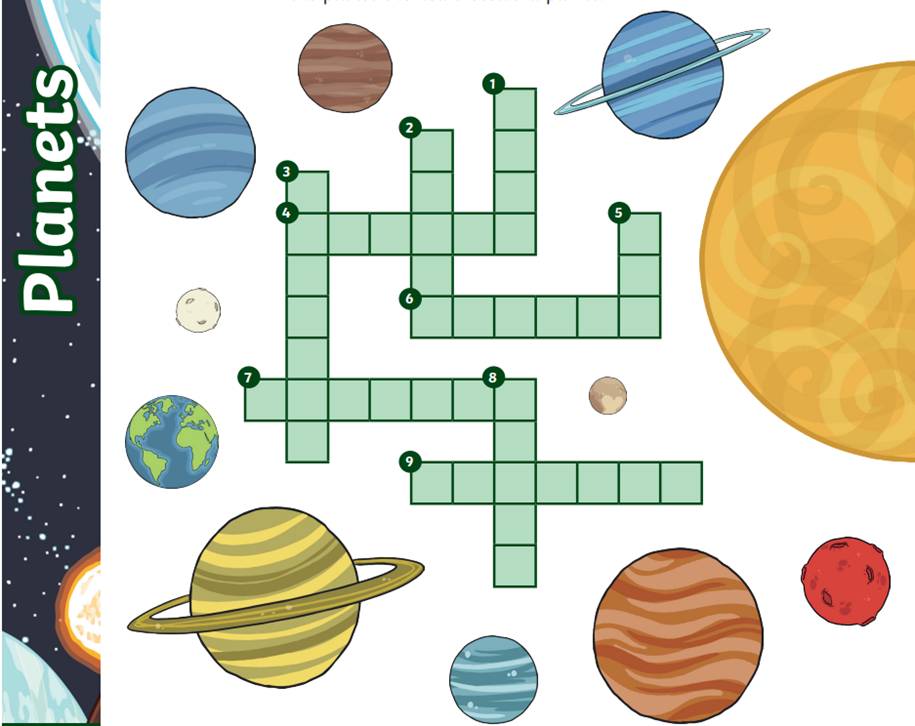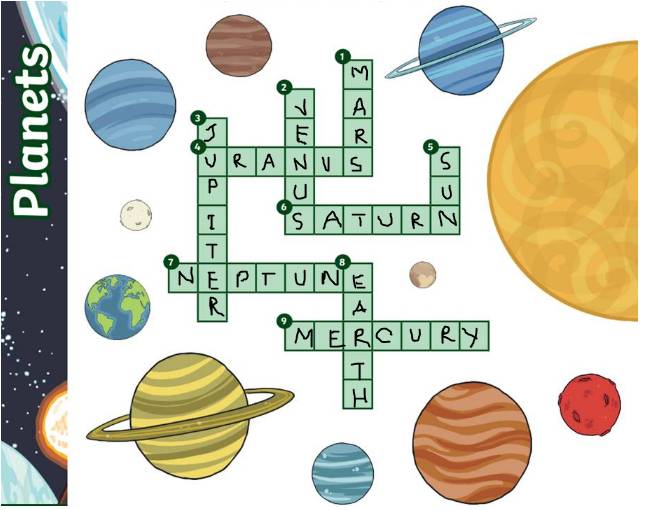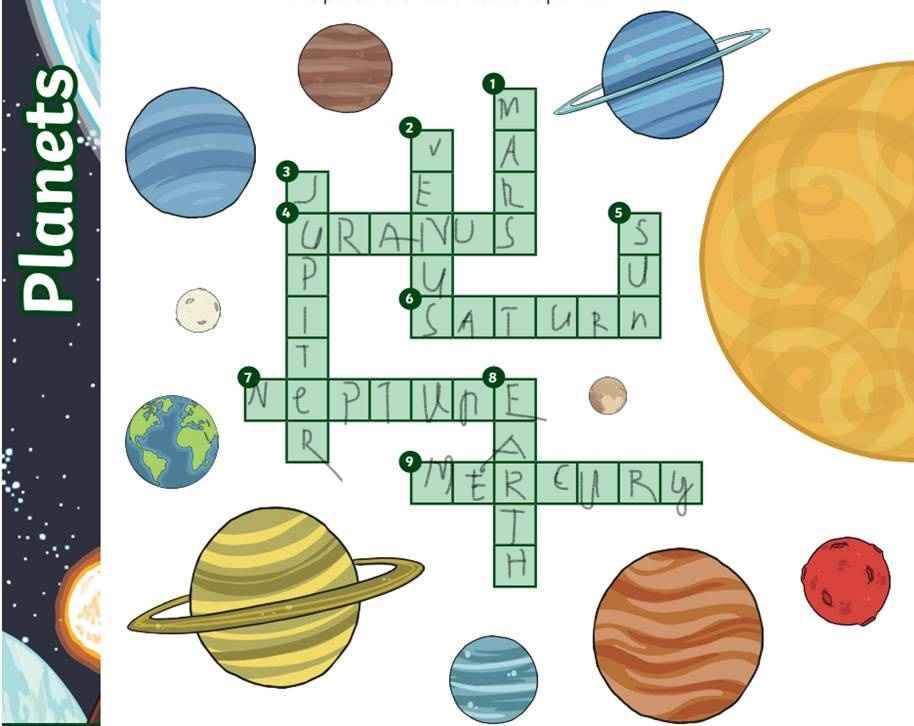Hãy nhập câu hỏi của bạn vào đây, nếu là tài khoản VIP, bạn sẽ được ưu tiên trả lời.

1 G. It’s not what people think
2 E. Benefiting from the power of nature
3 F. Cooperating to overcome the power of nature
4 B. An unexpectedly demanding way of life
5 C. A solution that seems to work
Paragraph 1:
For the eight crews taking part in the Round-the-world yachting race, this has been daily life since they left Britain eleven months ago. Now, after racing 50,000 across kilometers of ocean, they are soon due home. While most of us have worked, slept, taken a holiday, these crews have sailed and sailed, day after day, night after night, in weather conditions that would test any human. This is the reality of ocean yacht racing, which bears little resemblance to the popular image of sailing - the quick sprint around a lake before returning ashore for a meal and a warm bath.
Paragraph 2:
Racing 20-metre yachts around the world is a story of unrelenting hard work, pushing yourself to the limits of endurance. But it is also a story of the vastness and beauty of the sea, of seeing the sun rise and set on hundreds of desolate horizons, and of the supreme satisfaction of arriving somewhere knowing that wind alone has taken you there.
Paragraph 3:
Unlike the captains, who are professional sailors, the crews all consist of amateur volunteers who have actually paid for the privilege of taking a year off from their work and enduring these difficult conditions. On board London Light the ages range from 21 to 65. For the youngest member, Susan Porter, the trip is about the excitement of both the racing and the elements “Being able to pitch yourselves as a team against a storm gives you a huge sense of achievement”, she says
Paragraph 4:
Jerry Wallace, a marketing director, found sailing a refreshing change from the selfish individualism of business. Although he was prepared for the discomfort, the mental stress of long distance racing was not what he has anticipated, “A grand Prix driver has a few hours of focus, a footballer 90 minutes, but we have been racing for 11 months. This is something I didn’t really appreciate before I start.”
Paragraph 5:
Inevitably, there are tensions. The kind of people who choose to take part in races like this tend to motivated and strong-willed. On a trivial level, there are the usual arguments about things like cleaning, tidying, personal hygiene, even the way people snore. Row on a boat must be addressed immediately. Left to develop, they get much worse. On London Light they have done this by having a meeting where problems can be discussed and resolved by majority vote. Cooperation is the key, and everyone can have their say. The London is one of the few boats that has never lost any crew early because of a personality clash.
Những phần in đậm mang nội dung ý chính của đoạn văn, với bài đọc thì chỉ cần chú ý đọc và hiểu cách dùng từ là vấn đề sẽ được sáng tỏ em nhé!

Question 1: Supply the correct forms of the verbs in brackets.
1. It is crucial that Dido stops using Quang Ha
2. I will ring the bell one more time. If he doesn't answer, I think he must have gone out
3. I am sorry about the noise last night. We were having a party
4. The man who was rescued had been in the sea for ten hours
5. A great deal of time is being spent on his exercis
6. We want to be paid better wages
7. People always blame their circumstances for what they are
8. You will be stopped by a policeman if you try to cross the road now
Question 2: Use the correct form of the words in brackets to complete the following passage.
1. refusal 2. communication 3. pollution 4. thoughtless 5. neighborhood
6. action 7. suggestions 8. politely 9. successful 10. advice
Question 3: Fill in each numbered blank with a suitable word
1. place 2. these 3. more 4. which 5. several
6. phrases 7. Second 8. used 9. an 10. help
Question 4: Read the text then choose the correct answer
1B 2C 3C 4D
Question 5: a/ Each line in the following passage has a spare word; Underline that word and write it in the blanks given.
0. for 1. for 2. much 3. time 4. today 5. lot
6. with 7. more 8. it 9. have 10. able
b/ Fill in the blanks with a suitable prepositions
1. George fell off the ladder while he was painting the ceiling
2. We stopped everyone from leaving the building
3. Admission to university depends on examination results
4. Don't use that dictionary. It is out of date. Find one that is up to date
Question 6: Do as directed
1. Not only did my friend have excellent ideas, but he did a good job as well
2. Neither his explanation nor the examples he gives are clear
3. It is said that the price of gold is going up
4. He asked me when I would give that book back to him
5. Seldom years ago did people travel far from home
6. He was given a gift, and you were as well
7. No matter how intelligent you may be, you should be careful about this
8. He made a great discovery and was very proud of it
9. Lan found difficulty in accepting the situation
10. Thanks to the new technology applied in their fields, the farmers raised the output of rice

1. All of the homework (A) given by our teachers (B) are (C) useful to every (D) student.
B => is
2. When Helen (A) was a child, she (B) has worked in a factory (C) for (D) more than three years.
B => worked
3. The tourist guide only (A) has a (B) twenty-dollars bill with her (C) when she landed (D) at the airport.
B => twenty-dollar
4. After Mrs Wang (A) had returned (B) to her house (C) from work, she (D) was cooking dinner.
D => cooked
5. Elizabeth I (A) has reigned (B) as (C) Queen of England (D) from 1558 to 1603.
A => resigned
6. Caroline refused (A) taking the job (B) given to her (C) because the salary (D) was not good.
A => to take
7. I (A) finished college last year, and I (B) am working here for (C) only eight months (D) now.
B => have been working
8. If you think (A) carefully before (B) making your decision, you will avoid (C) to get into trouble (D) later.
C => getting
9. Each of the (A) members of the group (B) were made (C) to write a report every (D) week.
B => was
10. Last week Mark (A) told me that he (B) got very bored with his present job and (C) is looking for a (D) new one.
C => was looking

Part 1: CIRCLE the word/phrase (A, B, C or D) that best completes each of the sentences. (2,0pts)
1. I’ll give you the phone number of my hotel, so that you can reach me if anything happens. ______ anything happen, I want you to look after my children.
|
A. Can |
B. Might |
C. Will |
D. Should |
2. I suppose you’re not serious, ______?
|
A. don’t I |
B. do I |
C. are you |
D. aren’t you |
3. Nguyen Thi Anh Vien is a 19-year-old Vietnamese woman who is the fastest swimmer in Southeast Asia in ______ races.
|
A. numerate |
B. numeral |
C. numeric |
D. numerous |
4. _____ are still ending up in prison – over 700 in 1972 – merely for using cannabis.
|
A. So too many |
B. Far too many |
C. Quite too many |
D. Such too many |
5. A strong westerly ______ flattened the standing corn though it brought no rain.
|
A. gale |
B. blizzard |
C. hurricane |
D. breeze |
6. After going to the zoo, the mall, and the movies, Cassie was sick of _______ to entertain her nieces.
|
A. pushing the envelope |
B. turning the other cheek |
|
C. bending over backwards |
D. going against the grain |
7. Choose the word or phrase that is CLOSEST in meaning to the underlined part.
At that time Herschel was a professional musician and only an amateur astronomer, one who had a knack for building telescopes.
|
A. talent |
B. hobby |
C. liking |
D. pleasure |
8. If it wasn’t an accident, he ______ it on purpose.
|
A. need have done |
B. should have done |
C. must have done |
D. ought to have done |
9. They played a great game and brought our local basketball teams to their ______.
|
A. knees |
B. legs |
C. feet |
D. ankle |
10. Every large city has its shifting population of vagrants. But in most cases these are men, usually with an unhealthy appetite ______ alcohol.
|
A. in |
B. to |
C. on |
D. for |
11. Teachers like students to be _____ and listen to what they are saying.
|
A. absorbed |
B. attentive |
C. prudent |
D. watchful |
12. Helen: “This is your first trip abroad, isn’t it?” – Peter: “______.”
|
A. No, I haven’t been there before |
B. No, it’s expensive |
|
C. Yes, it sounds great |
D. Yes, so I’m looking forward to it |
13. Senior officials from ASEAN and other Pacific, _____ countries met in Canberra, Australia, in November 1989 to inaugurate APEC.
|
A. Rim |
B. Edge |
C. Perimeter |
D. Border |
14. Choose the word or phrase that is CLOSEST in meaning to the underlined part.
The study also notes a steady decline in the number of college students taking science courses.
|
A. relative |
B. general |
C. continuous |
D. sharp |
15. ______ is medical technology that allows the prolongation of life artificially while the world is already over-populated?
|
A. Of what use |
B. What use |
C. Of which use |
D. Which use |
16. Honour still ______, they got back into their lorries and were off again, this time trying to edge each other into a deep ravine that fell away at one side of the road.
|
A. being unsatisfactory |
B. unsatisfactory |
C. unsatisfied |
D. unsatisfying |
17. I have lived near the railway for so long now that I’ve grown _____ to the noise of the trains.
|
A. familiar |
B. accustomed |
C. aware |
D. unconscious |
18. We are short of clean safe drinking water, which is found to be the ______ in many third world countries.
|
A. example |
B. event |
C. case |
D. object |
19. It is said that many children of high intelligence do not allow themselves to be “discovered” – for fear of becoming an _____.
|
A. outage |
B. outcast |
C. outset |
D. outpost |
20. Until the current warming trend exceeds the range of normal climatic fluctuations, there will be, among scientists, considerable ______ the possibility that increasing levels of atmospheric CO2 can cause long-term warming effects.
|
A. interest in |
B. uncertainty about |
C. enthusiasm for |
D. worry about |





1 G. It’s not what people think
2 E. Benefiting from the power of nature
3 F. Cooperating to overcome the power of nature
4 B. An unexpectedly demanding way of life
5 C. A solution that seems to work